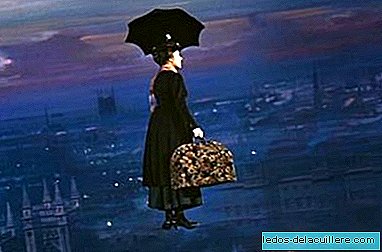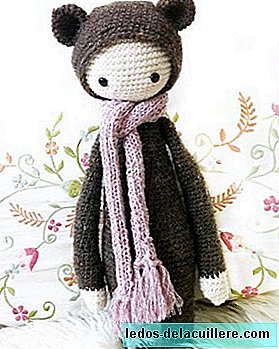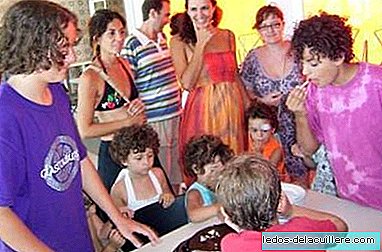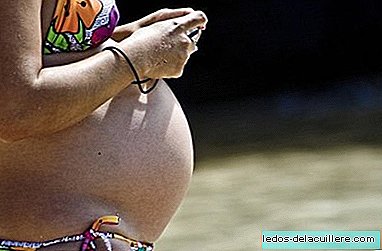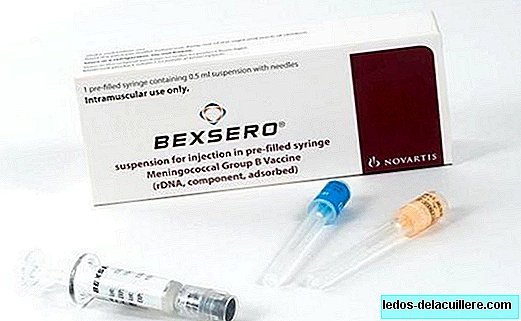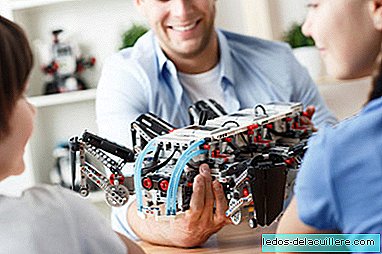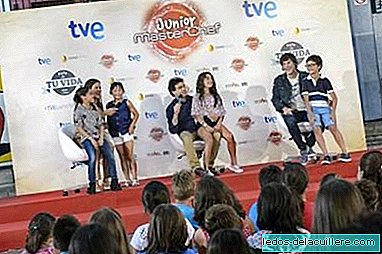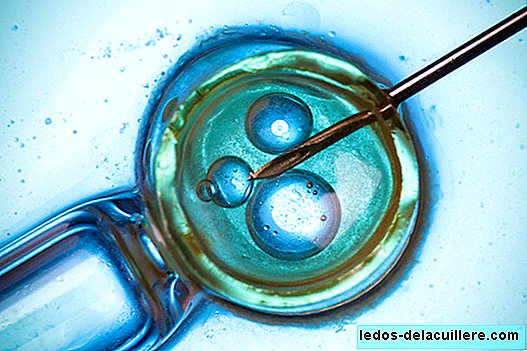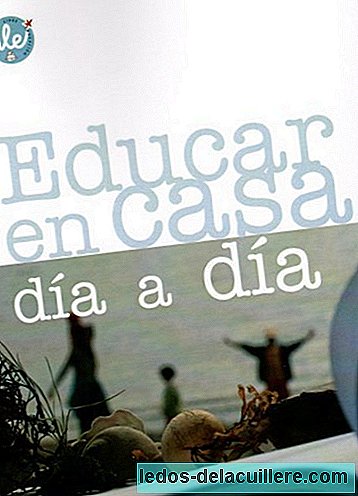
When we approach a topic as complex as homeschooling, whether we do it out of curiosity, as educators, as officials or as parents, in addition to the online resources that I offered in a previous article, it can be interesting to manage a basic bibliography. For that reason I am going to offer you a compilation of the best books on homeschooling in Spanish.
I have tried to compile the most interesting and serious books, focusing on those referring to homeschooling specifically leaving for another time those who deal, in general, with free education and alternative education.
Educate at home day by day: indispensable reading
This work, "Educate at home day by day" It would be the first that I would recommend to any reader who wants to know more about homeschooling and, specifically, their situation in Spain. It was written by the Association for Free Education with the participation of experts, parents and even children educated at home.
The ALE association book, is a compendium of experiences, both from families in Spain and the rest of Europe, compiled from the translation of the book "Learning Unlimited" coordinated by Leslie Barson in which experiences from the United Kingdom, Switzerland are collected , France and Germany. Studies and surveys that provide concrete data on homeschooling also appear.
The classic authors
The suitability of schooling and the historical causes of its extension or obligation, was first questioned by Ivan Illich. His work "The de-school society" It is a criticism that goes to the root of institutionalized education and, in that sense, would qualify as radical. Believes that the ineffective nature of school education is evident, Illich was favorable to self-learning, supported by informal and free and non-authoritarian social relations.
Here is a link where you can download Illich's books for free on their own page. I can assure you that the reading will not leave you impassive and you may find it inspiring or scandalized. I leave a few words of Illich so that you know what you face:
The school is an initiation rite that introduces the neophyte to the sacred race of progressive consumption.
His criticism, both in "The de-school society" as in his other works it is really devastating about western society and, specifically, about the school and its "enculturator" function.
The scholarly individual knows exactly what level of the hierarchical pyramid of knowledge has reached, and knows precisely its distance to the peak. Once he has agreed to allow himself to be defined by his level of knowledge by an administration, he then accepts without questioning that bureaucrats determine his need for healing, and that some technocrats define his lack of mobility.
Another of the really representative authors is the American professor John Holt, key with works such as "How children learn" Y "The failure of the school". Perhaps the one I value most is "Learning all the time", but not available in Spanish.
I want to make it clear that I do not see Home Education as a type of response to the inadequacy of schools. I believe that the home is the right base for the exploration of the world that we understand as learning or education. The home would be the best base no matter how good the schools are.
Holt argues that schools do not favor learning and that they have against them competitiveness, anxiety, fear of being suspended, punished or humiliated, which, despite the reforms, makes them institutions that do not respect the basic principles of education: freedom and communication.
It sustains, finally, when considering the school model failed, that the educating agents must be the families and the communities, always in a flexible, free way and that encourages the children to follow their interests and to investigate without fear of being ridiculed or qualified negatively.
There are, of course, many other interesting books, some especially dear to me like that jewel that is "Live without school" Sibila, the first book about homeschooling that I read and that I keep a memory full of love, or the most interesting "10 lies about non-schooling" by Sylvie Martín Rodriguez who gives families many ideas on how to respond to the most common prejudices about the fact of educating at home.
I do not want to mention the researcher Ana María Redondo, who in her "Defense of the Constitution and compulsory basic education" it clearly states that the Fundamental Standard, the Constitution, does not equate basic education with compulsory schooling and, despite subsequent legislative developments in educational laws, attempts have been made to rest the exercise of freedom.
Other books that can be consulted are "Reasons to educate as a family" also work of ALE partners, "Helping families be free" of Pat Montgomery and "The option to homeschool" Madelen Goiria.
Of course, there will be other interesting works that I will have left in the inkwell, although, of all those published, it is these that I recommend for their importance to the fundamentals of the movement or to understand in a global way the Spanish homeschooling movement through the best books.
In Babies and more | Everything you want to know about homeschooling in Spain, "10 lies about non-schooling", new book on home education, "Helping families be free", "Educate at home day by day", a new book about home education


